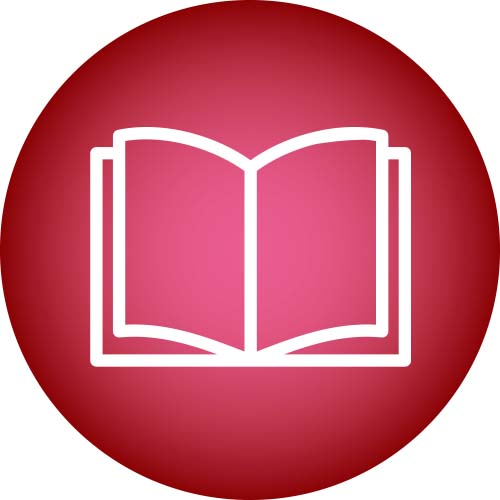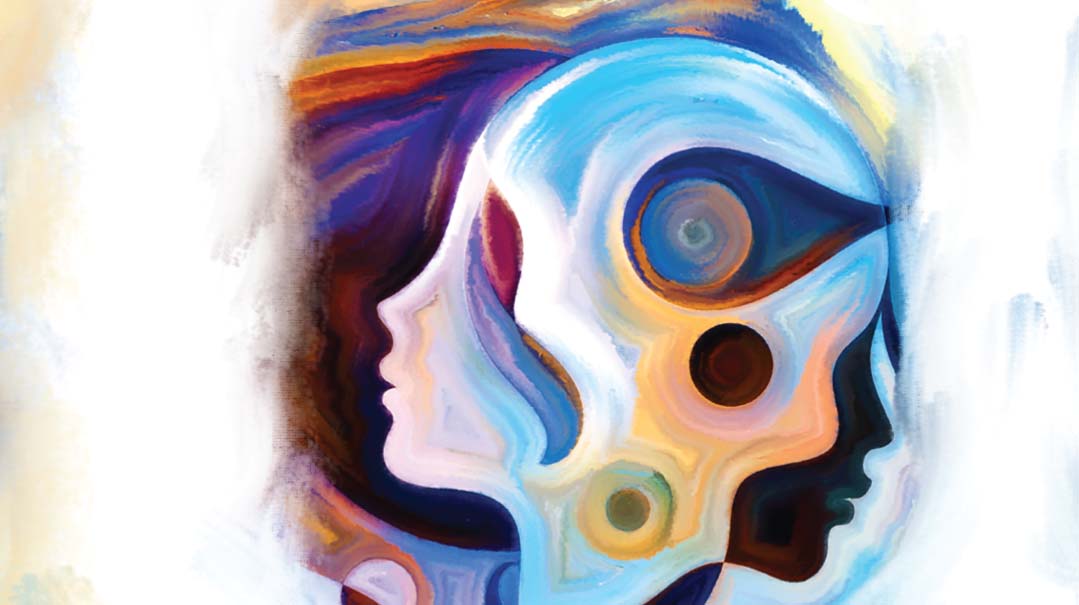Atah Chonein: The Gift of Intellect

Our minds are not a tool for validation but a path to the Divine

“Atah chonein l’adam daas” initiates the shift from birchos shevach to birchos bakashah. Why is daas, knowledge, the very first thing we request in Shemoneh Esreh?
The Shulchan Aruch (Orach Chayim: 115:1) explains, “The superiority of man over beast is in man’s knowledge and understanding, therefore the brachah of ‘Atah chonein’ is the first of the middle set [of brachos], for without understanding, there is no tefillah.”
Seichel, higher knowledge and understanding, expresses our predominance over the animal kingdom and is arguably our most human attribute. Our capacity for tefillah is dependent on our seichel. Knowledge and understanding of life’s circumstances is a prerequisite to tefillah; how else would we recognize the need to daven, or know what to ask for?
Recognizing the Gift
Atah chonein, as the first of the bakashah set, expresses yet another, deeper, dimension in our identity as a Jew. “This is man’s predominant request of his Creator, that He provide the knowledge and understanding to abhor evil and choose good” (Mishnah Berurah, ibid).
Daas articulates our essence as servants of Hashem, but not in an arrogant tone — as a declaration that “my superior intellect is my identity.” Rather, a most elementary component of avodas Hashem is using our seichel to both recognize and resist deterrents to mitzvos and to seek out the avenues that foster commitment to Hashem.
This is a powerful paradigm shift — from relating to our intellectual capabilities as tools of self-validation to viewing them as what they truly are: a path to fulfilling our Divine purpose.
When we compare the brachah of Atah chonein with other birchos bakashah, we find a curious difference: Atah chonein is the only bakashah that begins with the word “Atah” (You, Hashem), clearly attributing our daas to Hashem.
One of the most daunting and underestimated nisyonos we contend with is accrediting our intellectual gifts to ourselves and subsequently misusing them.
This nisayon is generally not as prevalent with other G-d-given talents. When someone has extraordinary physical capabilities, on the whole, we attribute that strength as a gift from above. And if he misuses his physical strength, he’ll earn a reputation for being a bully.
If someone is blessed with outstanding wealth (particularly if it’s preceded by a period of average financial status), we generally recognize that Hashem is the source of his windfall. And if he misuses his wealth to grease the wheels of life by bribing himself or his family members into educational institutions, positions of power, or to secure employment, we roll our eyes in exasperation and rail against the imbalances in society.
Yet when we encounter a particularly brilliant individual, or even an outstanding lamdan, do we make the connection between his abilities and Hashem? When we encounter a homogenous class with a handful of metzuyanim, or think of the students in a “top” yeshivah, do we stop to distinguish between the person and the Divine gift?
And when someone misuses his intelligence to find loopholes or engage in lucrative deceit, we frequently let it go or even marvel at his “kuntzim” and his ability to outsmart the law.
“Atah chonein” — when we designate Hashem as the undisputed source of all intellect, we remember that intelligence is as much a gift as beauty, artistic talent, and musicality. Intelligence is not a function of who I am. It’s what was given to me. And like all gifts, it’s my responsibility not to misuse it.
Beyond Mocking
One of the most egregious abuses of intellect is belittling others who are less endowed. We’re generally too refined to openly mock someone we feel isn’t our intellectual peer and instead quietly carry our offensive assessments inside. However, insulting mindsets have a way of making themselves heard:
What, you want me to be his chavrusah?
How did she ever get into that seminary?
Why does it take him so long to get a simple equation?
Intellect is first and foremost a gift; it’s not something I achieved on my own. Using a G-d-given gift as artillery to knock down another is the ultimate statement of ingratitude to the Giver.
Yaaros Devash (Rav Yehonasan Eybeschutz) has very choice words for individuals who use their daas inappropriately. “And he should have intentions (when saying Atah chonein) that Hashem imbue him with a heart that understands Torah and is receptive to true Torah and not, G-d forbid, worthless Torah that is intended for self-aggrandizement or provocation.
“For how can a person make requests before Hashem that are not according to His Will? Would we make requests of man that are not in his interests?... How can we ask ‘give me knowledge’ so we may behave condescendingly and lord over others, rejoice in their lack of knowledge, and elevate ourselves at their expense? … All these are exceedingly evil in the eyes of Hashem!”
Shlomo Hamelech teaches “Betach el Hashem b’chol libecha, v’el binascha al tisha’ein” (Mishlei 3:5). Trust wholeheartedly in Hashem, and do not rely on your own intelligence. Rabbeinu Yonah (ibid) observes that the pasuk doesn’t discourage us from relying on our strength, health, or wealth, but rather specifically exhorts against relying on our intellect.
Our ability to “figure it out” is where we most frequently leave Hashem out of the equation. Perhaps this is because we (hopefully) have no illusions that our health, finances, and physical capabilities are anywhere other than in Hashem’s capable hands. Somehow, our intellect feels more “ours” than other attributes, and we identify with it as a self-generated trait immune to Hashem’s purview.
Clear Judgment
In truth, so many of the “impartial” decisions we make are in fact patently influenced by our mood, personal interests, social status, and an assortment of other biases. We truly need the true “Chonein Hadaas” to divert us from our own flawed judgment.
Atah chonein is a bakashah for siyata d’Shmaya and clarity in all the decisions, advice, and judgments I will encounter over the day.
Should we say yes to this shidduch?
Does it make sense to switch Avi to another class?
Is it smart to take this job offer?
Should we sign on the house?
Does she need therapy?
However, it’s also a request that my very daas, my mental faculties, continue functioning normally.
Unfortunately, we’re all familiar with situations where stroke, dementia, traumatic brain injury, or aneurysm robbed people of their most basic reasoning abilities. Nothing can be taken for granted, not even brain function.
When we say “Atah chonein,” our tefillah incorporates the request for continued normal, healthy cognitive function. We must remember to daven for our mind as we would for any other area of personal health.
I had the opportunity to speak with a woman who’s a neuroscientist in a New York hospital. She related that presently, she’s inundated with cases of individuals who recovered from Covid whose cognitive abilities are seriously impaired. Some people exhibit symptoms akin to Alzheimer’s patients. These previously healthy, intelligent patients realize that even something as fundamental as “daas” is subject to change at any moment.
Atah chonein l’adam daas. Hashem, please gift us the recognition that we cannot rely solely on our own intellect, and guide us in using our intellectual abilities as tools for avodas Hashem.
Mrs. Elana Moskowitz has been teaching in seminaries for over twenty years.
(Originally featured in Family First, Issue 808)
Oops! We could not locate your form.


